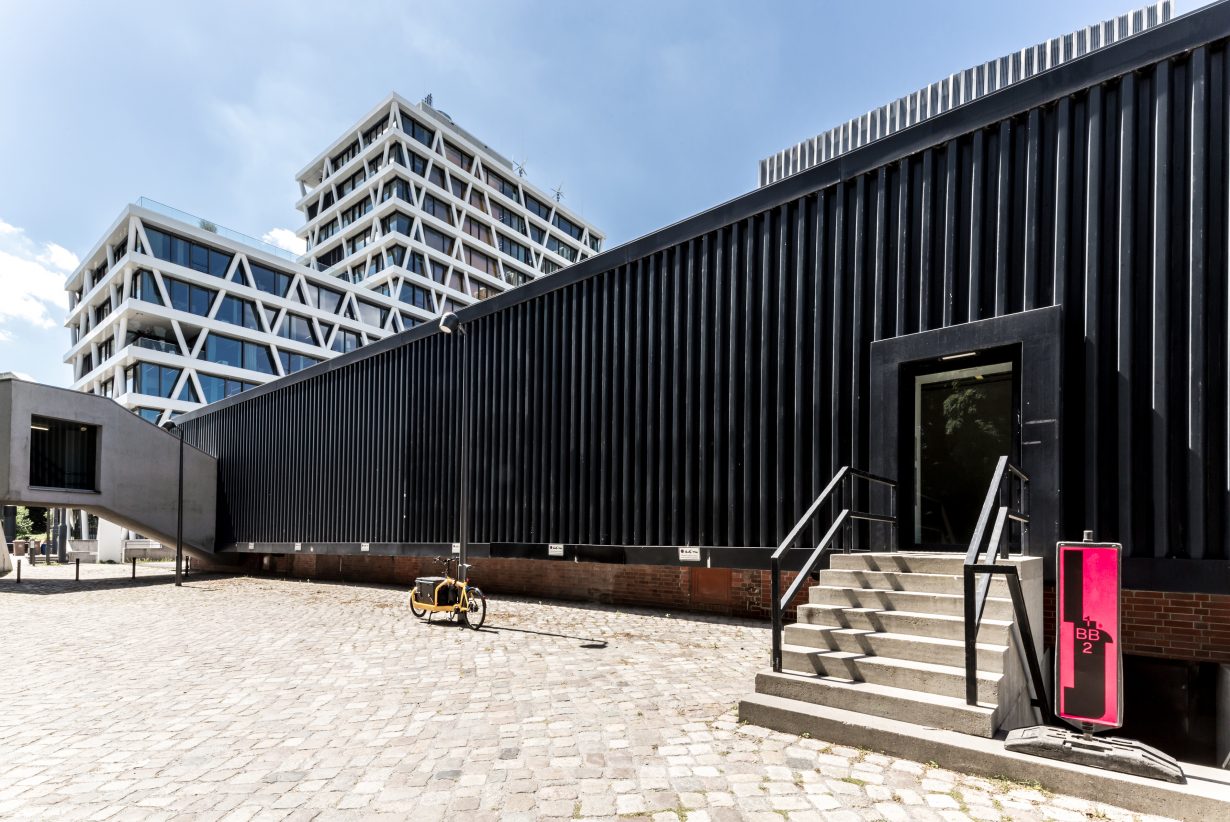
The artists Layth Kareem, Raed Mutar and Sajad Abbas have withdrawn their participation in the 12th Berlin Biennale. Their protest comes in the wake of public controversy over the work of French artist Jean-Jacques Lebel, whose Poison Soluble (2013) contains blown up images taken by US military of detainees at Abu Ghraib.
The installation was met with a polarising reception on its opening in June, which escalated in July after the publication in Artforum of a co-signed letter written by Rijin Sahakian. The Iraqi curator accused the Biennale of commodifying ‘unlawfully imprisoned and brutalized Iraqi bodies under occupation’ without consent of victims nor consultation with participating Iraqi artists, addressing an ‘art world that finds culture in our flesh’. Lebel’s works were initially presented in the same room as those of Mutar and Abbas, which, after Sahakian’s letter and before their recent withdrawal, were moved to another gallery. The Biennale apologised for the initial placement of the works.
The Berlin Biennale have since issued a public statement – and published a previously-private written statement to the artists. The former states: ‘We respect the artists’ decision, although we regret it very much… As soon as they voiced their feelings, the Berlin Biennale, Kader Attia, and the artistic team have made intensive efforts to engage in a personal exchange with the artists in order to find solutions with them. We believe in dialogue and value the relationships we have with all artists taking part in the Berlin Biennale very much. We are still interested in working through the controversy and will remain open to a dialogue. We think the issues at stake are highly important and would therefore like to invite the parties involved to speak about them in a public discussion.’
Last week, the Biennale’s curator Kader Attia also used Artforum to address the controversy, in a responsed affixed to the foot of Sahakian’s letter: ‘We understand that Poison soluble. Scènes de l’occupation américaine à Bagdad [Solvable Poison. Scenes from the American Occupation in Baghdad], 2013, activates pain and trauma. However, we deemed it important not to indulge the impulse to turn a blind eye to a very recent imperialist crime—a crime conducted under military occupation that was quickly brushed under the rug with the intention of prompting a swift forgetting. Because this is how imperialism fabricates its impunity.’
Lebel’s work remains on display and no comment has been made as to whether it too will be removed.